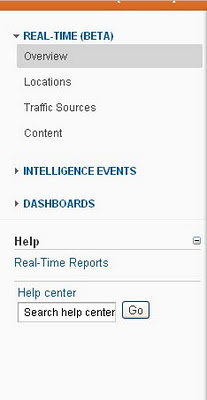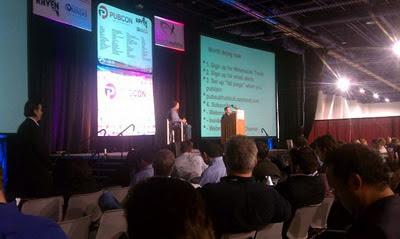Sometime back we had conducted a SEO Training Programme at Ahmedabad Management Association which was attended by many professionals from the Internet Marketing Industry and also by Marketing Managers of some companies.
After all the SEO training sessions were over one of the marketing managers after a few days called up to discuss some points related to the SEO of their site.
The main points were as follows:
- We are ranking for many keywords but only the home page of our site is ranking as they did not have any idea about Google Analytics and Landing pages. ( After the SEO training programme they did an SEO audit on their site and found this.)
- The SEO has given us a list of some 1000+ links are these links valid and relevant.
- The On-Page of our site is practically zero but yet we have the page 1 rankings for so many keywords so is it correct to let the site be as it is.
- The most valid question and concern was , what should we do to future proof the SEO of our site though we have the rankings.
Firstly, I was very happy at the fact that the training programme conducted by us had made them think beyond rankings for an SEO campaign and they were open for an approach of an overall quality presence rather than just being satisfied with page 1 rankings.
After the initial analysis it was found that:
- The on-page factors were not as per the norms
- The inbound links were not from authority sites with anchor text which just mentioned the domain name and all the links were to the home page.
- The client was totally unaware about Google Analytics metrics and was not sure if the site was added to any webmaster tools account.
- The client only got the ranking report regularly without any further analysis of any other metrics.
- The client was not aware of the search and social media integration and did not have a blog or social media accounts.
- Other technical factors like canonicalization, customized 404 pages, XML Sitemaps, etc. were not in place either.
In short only submission to some directories and link building was done in the name of SEO but surprisingly the site was ranking well.
There have been many such cases in the past too when the rankings have been achieved only by link building and though the links were not quality links but due to the sheer high no. of links the site had got a temporary boost but the website owners have approached us when the site suddenly disappeared from the search engines.
Hence I thought of sharing this case study. It is very difficult to say how long the benefit of such rankings will accrue to the site but it is very important for every website owner to know that a complete SEO campaign caters to the following aspects of the site.
- On Page Factors as per the norms of the search engines and W3C
- Off Page Factors which help create an ambience of natural external links to the site
- The site should also have the potential to rank for local intent keywords and have a local search presence
- The technical factors also should have been attended to
- The client should also be given an overview of the analytics and
- Should be guided to start a blog and engage on social media to benefit from the integration of social media and search.
No doubt quality inbound links are important but just focusing on one aspect gives a lopsided growth which may be working like steroids and giving a temporary boost which is not the main goal of a genuine SEO campaign. Once these directories close down or if the external websites remove the links the rankings are bound to get affected and the site will be lost in the invisible web.














